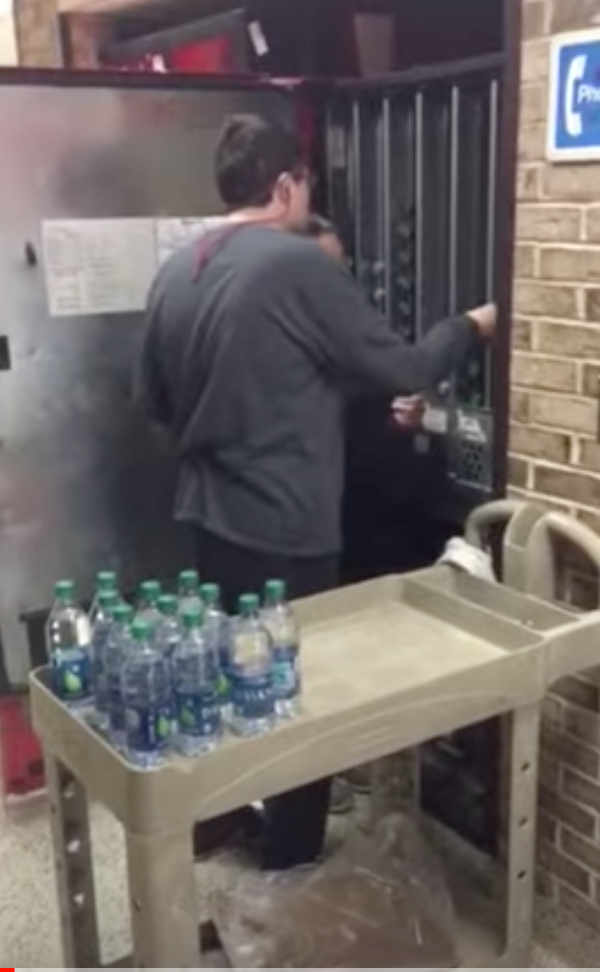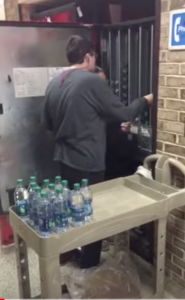Many parents and professionals are not familiar with ways to help youth with disabilities successfully transition from school to the workforce. Pre-employment activities are a way to help all students with a disability reach their employment goals. Pre-employment transition services can be provided to students ages 14-21 who would like to work on achieving their employment goals. They must be enrolled in an education program eligible for services under the Individuals with Disabilities Education Act (IDEA).
The Workforce Innovations and Opportunity ACT (WIOA) requires that Vocational Rehabilitation Services provide pre-employment transition services to all students with a disability. The Rehabilitation Act was amended by the Workforce Innovations Opportunity Act (WOIA) to offer an increase in types of transition services to high school students with disabilities ages 14-21. The goals of WIOA align with the Individuals with Disabilities Education Act (IDEA).
Pre-Employment Transition Services (Pre-ETS) are available for students with a disability, ages 14-21. These services can be requested by a student, school, parent or guardian, or another service provider. Pre-employment transition services provide students with disabilities ages 14-21 for an earlier start at:
· Workplace Readiness Training designed to help students develop independent living and social skills necessary for success in employment.
· Job Exploration Counseling to help students assess their unique skills and interests, learn about in-demand jobs and industries, and make informed decisions about their career pathways.
· Self-Advocacy Instruction to equip students with information about accommodations disability rights, peer mentoring and other resources, and helps students develop self-awareness and self-determination skills.
· Counseling on Post-secondary options to teach students about opportunities for education and training after high school and explore post-secondary resources in their community and beyond.
· Work-Based Learning Experiences to include informational interviews, job shadowing, opportunities for paid employment, and other activities that connect classroom learning with the realities of work, help students make informed decisions about their options, and prepare for a successful future.
For more information about Pre-ETS, you can contact the Division of Services for the Blind (DSB). DSB offers Pre-ETS at no cost to students. For a referral visit, contact them at: www.ncdhhs.gov/dsb
(https://www.ncdhhs.gov/assistance/vision-loss/vocational-rehabilitation-for-blind)
~Andrea Blackwood, M.Ed., East Carolina University Deaf-Blind Project Teacher Support Program, Technical Assistance Coordinator


